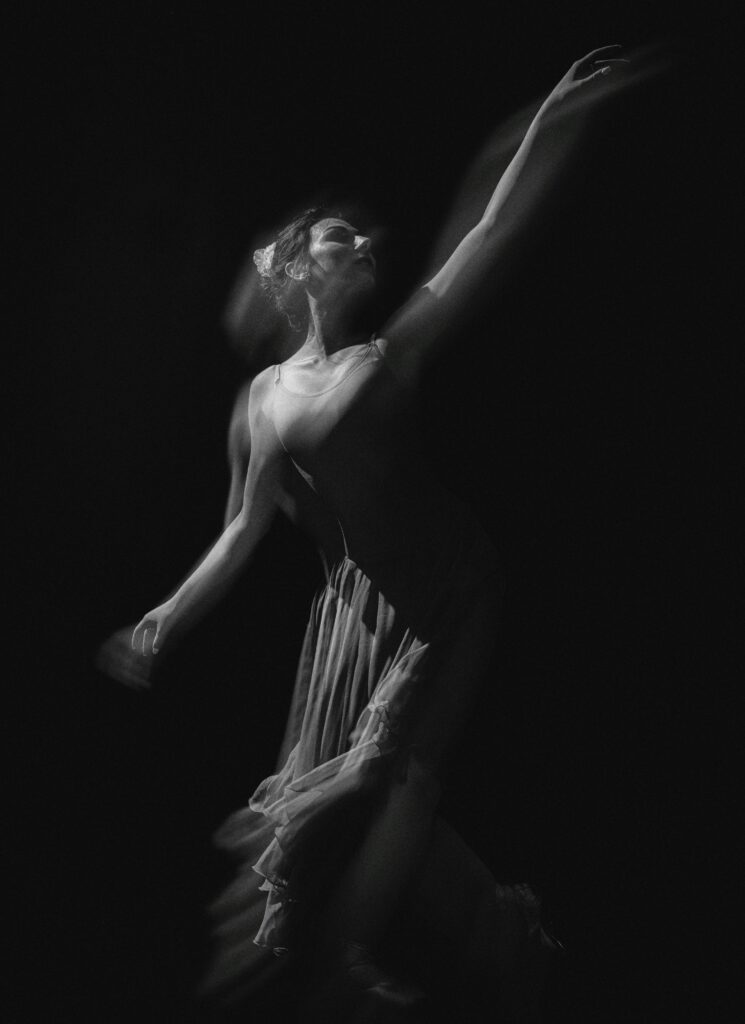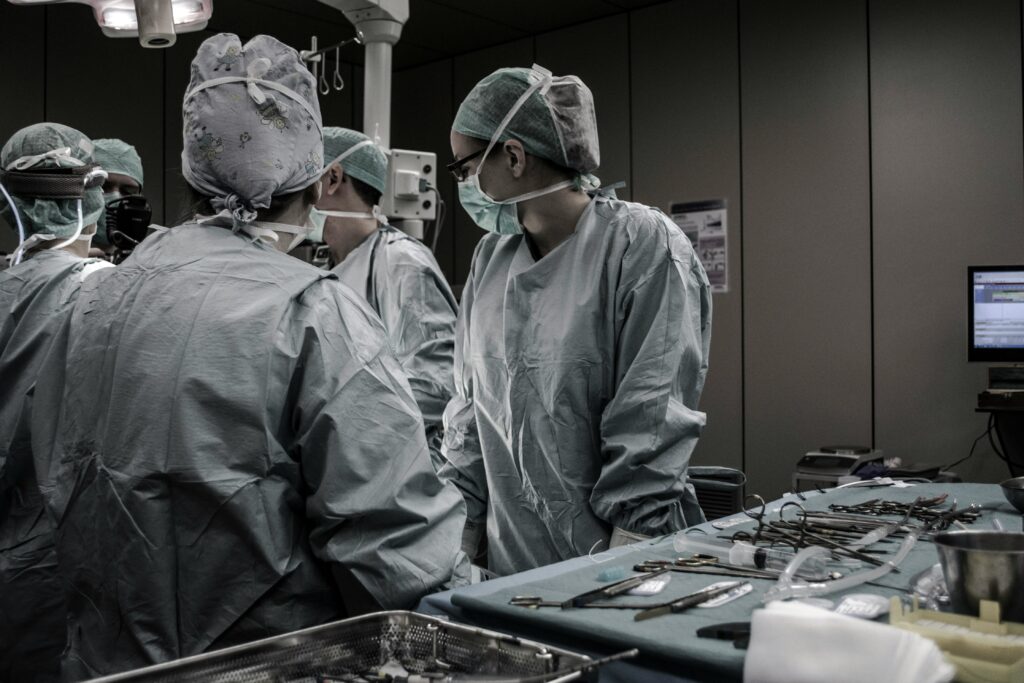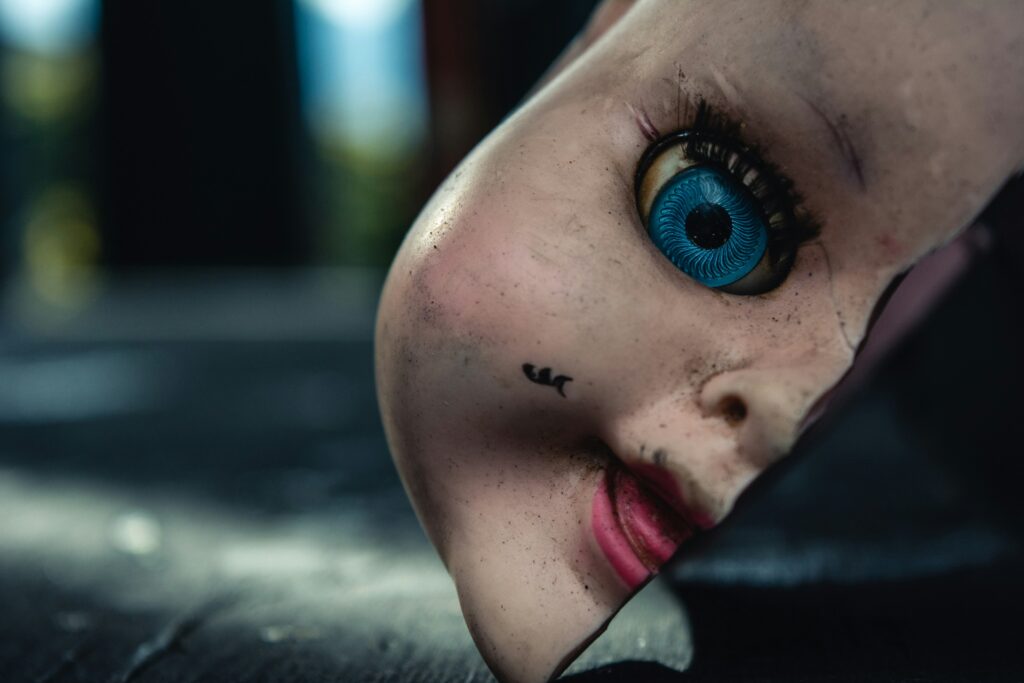Between Mother and Child
Georgia King, November 6, 2023
You didn’t believe him at first.
Shut up, your sister said. ‘Shut uuuuuup.’
And then she cried. Happy tears she said. You joked that while they were creating life, you were only just getting off the family phone plan.
‘I hope this doesn’t come across as rude but… was it planned? Or a happy surprise?’
‘It was planned.’
Planned. They planned this.
‘Congratulations!’
You were heading towards Asakusabashi from Ueno park with your partner to meet some friends for dinner.
The city was blurry, monotonous, busy. You felt blurry, monotonous, busy.
It was hot. The sun was low, slowly setting over Tokyo. Despite it being so busy, it was quiet. Except for the crickets.
‘I thought life was supposed to stop for everyone else while you’re on holiday. Did they even think about me? I’m going to be an aunty. That’s a big commitment.’ You joked.
Sort of.
‘It seems so intense. To bring children into the world. Don’t get me wrong, I mean, I’m happy for them.’
Sort of.
Now you’re of the age where people ask you if you have children, if you’re thinking about having children, if you realise there’s a biological clock and that women can only have children up to a certain age. You’re reminded of this fairly regularly. Too regularly.
Time’s ticking.
You’ve thought about kids. What woman hasn’t? You grew up being primed to think of your fertility.
| Your brother got books about sharks. | You got toy dolls. |
| Your brother was playing Simpsons wrestling on the PS1. | You were looking after a child on Barbie.com. |
| Your brother was pretending to be a footy star. | You were playing mums and dads. |
When you first got your period, you were devastated. You saw the blood in your undies and ran into your mum’s bedroom crying. You remember she scoffed at you and told you it wasn’t a big deal.
You’re a woman now.
It certainly felt like a big deal.
You hated your body so much growing up. You were so tall, so much taller than everyone else your age. You learnt to hide your breasts and everything that betrayed you as a woman.
As a girl, you learnt your body was to be looked at, judged, talked about. Your body was to be given over to a child someday. To a man. To the general public.
Even then, walking through Japan you were acutely aware of yourself. You shrunk into yourself and pulled your shoulders forward. An old habit. While you walked, you watched the ladies around you in long, linen dresses. Everyone wears linen in Japan at this time of year. The women looked so clean and fresh.
‘As a woman, you’re a person who can bear children first and foremost. And then when you’re pregnant, you’re a vessel for another creature. Your body is not your own during pregnancy then, suddenly you’re a mother. You’re responsible for something fragile and entirely dependent on you. And then, the child becomes a teenager and they’re pimply and hateful and confused and you have to deal with all of that without traumatising them.’
‘Sounds intense.’ Your partner said.
‘I know right?’
Simone de Beauvoir describes the pregnant woman as seen as ‘plant and animal … an incubator, a conscious and free individual who has become life’s passive instrument … not so much mothers… as fertile organisms, like fowls with high egg production.’
But your mother was desperate for children. She talks about it as a joy so great it’s almost painful. How could you want to miss out on something so innate to being a woman?
‘Trust me, you have children and then nothing else matters.’
‘I was like you once, and then everything changed at 30.’
‘I loved being pregnant.’
How do you reconcile the mother as:
| Vessel for child | vs. Guiding force of creation |
| Plant/animal | vs. Human |
| Fertile organism | vs. Holy mother, giver of life |
You and your partner walked past countless ramen restaurants. The restaurants were always small and lines of people would curl along the street and around the side of the building just to get a seat.
You noted the buildings to return to later.
‘I’m reading this book at the moment,’ you told your partner. ‘Breast and Eggs by Mieko Kawakami.’
You read him a passage from your phone.
‘Why do people see no harm in having children? They do it with smiles on their faces, as if it’s not an act of violence. You force this other being into the world, this other being that never asked to be born. You do this absurd thing because that’s what you want for yourself, and that doesn’t make any sense… Most people go around believing life is good, one giant blessing, like the world we live in is so beautiful, and despite the pain, it’s actually this amazing place.’
The character is an anti-natalist. Anti-natalists argue that giving birth is an immoral act. Anti-natalists believe that giving birth is bad as life is inherently painful. That it is better to avoid badness than to experience goodness. And the only way to ensure someone avoids badness is by not giving them life.
You tell your partner about a story called ‘The Ones Who Walk Away from Omelas’ by Ursula Le Guin. You tell him that in the story, the happiness of the entire town is dependent on the unhappiness of a single child. You talk about how it’s immoral for the town to be happy at the expense of the child’s pain, and how the child should never have had to exist.
‘That’s a little bit dark don’t you think?’ He said.
‘Sure, but isn’t there something there that makes sense to you?’
‘I’m not sure.’
Reading about anti-natalist ideas spoke to something you’d grappled with for a long time, but hadn’t necessarily been allowed to, or known how to, voice.
Being surrounded by family and friends who all know they want children, and all believe in life as an inherently good thing, meant that to voice anti-natalist beliefs would be hurtful, cruel, unwomanly.
And it would reveal something of your own struggle with existing. Wasn’t life meant to be good? Weren’t you meant to feel grateful for your consciousness?
‘You’re gambling with a child’s life when you give them consciousness. You assume life will be happy but how can you assure that? There’s no way to assure that. How can you do that to a child?’ You said.
In that moment you were really asking; how could your parents do that to you?
‘For my brother, it’s so easy. He’s going to have a baby and not even think about it. He wants a baby so he’ll do that. He doesn’t worry about whether life will be hard for his child. Why’s it so hard for me to exist like that? Everything always feels like such a big deal.’
‘Why’s it so hard?’
You were crying. The streets were blurry. The sky bled pink and dusty red. You put your sunglasses on to hide your eyes and then quickly took them off. Only the yakuza wear sunglasses in Japan. You worried people would be looking at you. But nobody pays attention to you. People seem to keep to themselves.
You held on to your partner’s hand and let him guide you through the streets. You thought of pain and of life. You thought of children and of being a child. You thought of your brother and yourself and of the choices he’s making and of the choices you’re making.
You walked to where the Kanda river meets the Sumida river. When you first left Ueno park it had been 5. It was now closer to 6.
The sun was setting along the river and you walked the quiet streets. People weaved around you on their bicycles and you thought about how you had an impact on the world.
How these people had to move because of you taking up space.
As you got closer to the tempura restaurant, you dried your eyes. You felt your feet hit the ground and you noticed how sore they were. You noticed how cold it had gotten, something you hadn’t realised until that moment.
Further along the river, your Japanese friends were standing watching the sun go down. They waved at you.
You got a text from your mum that read: Isn’t it exciting!!!
Somewhere, there was a clock tower that struck 6.
When you arrived at the restaurant you told your Japanese friends your brother is having a baby. They looked at you and said nothing.
You repeated yourself.
Again, silence.
You were confused.
You couldn’t tell if it was because of the language barrier that they didn’t respond. Maybe having a baby is not a big deal in Japan? Maybe they can see how you really feel about it?
Most likely they just didn’t really care. And it felt weird to you to know that they didn’t care. That it wasn’t a big deal to them like it was for you. In a way, it was a relief.
You took off your shoes and entered the restaurant and ate the best tempura you’ve ever eaten and drank sake and talked about old memories with good friends.
And in that moment of not caring, you existed somewhere between mother and child as neither one nor the other.
You may also like
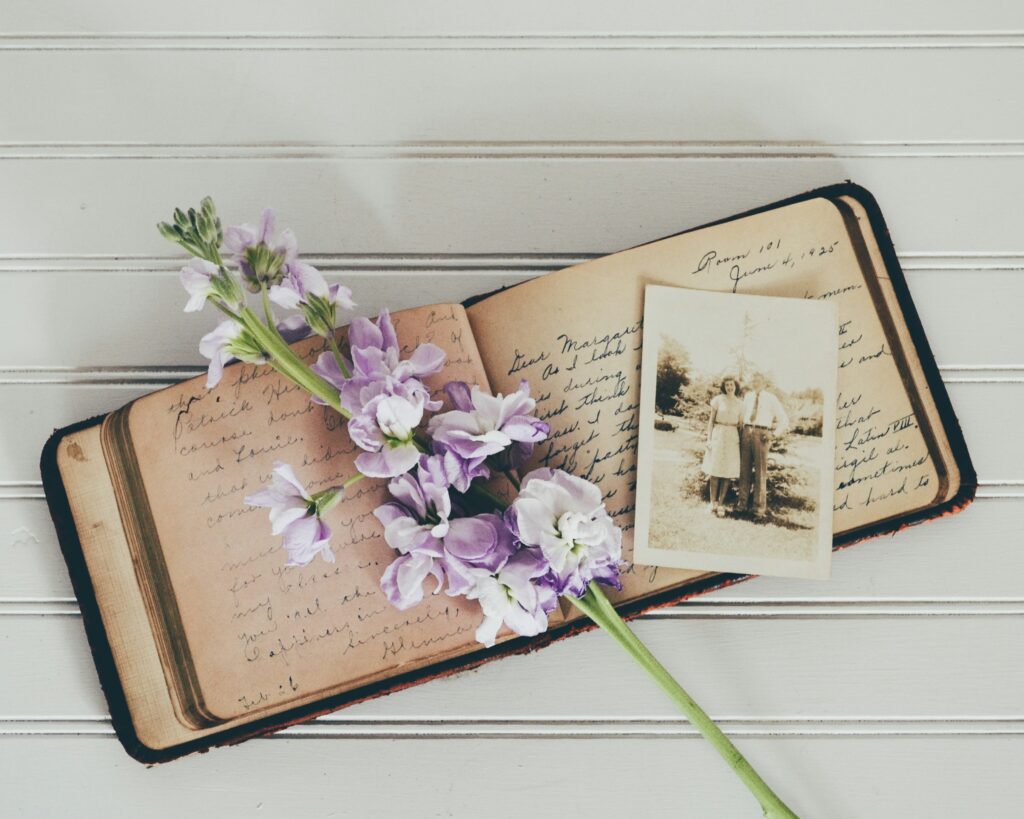
Eyes of the Beholden
Unspoken desires linger in the shadows of a teacher's life, revealed through art
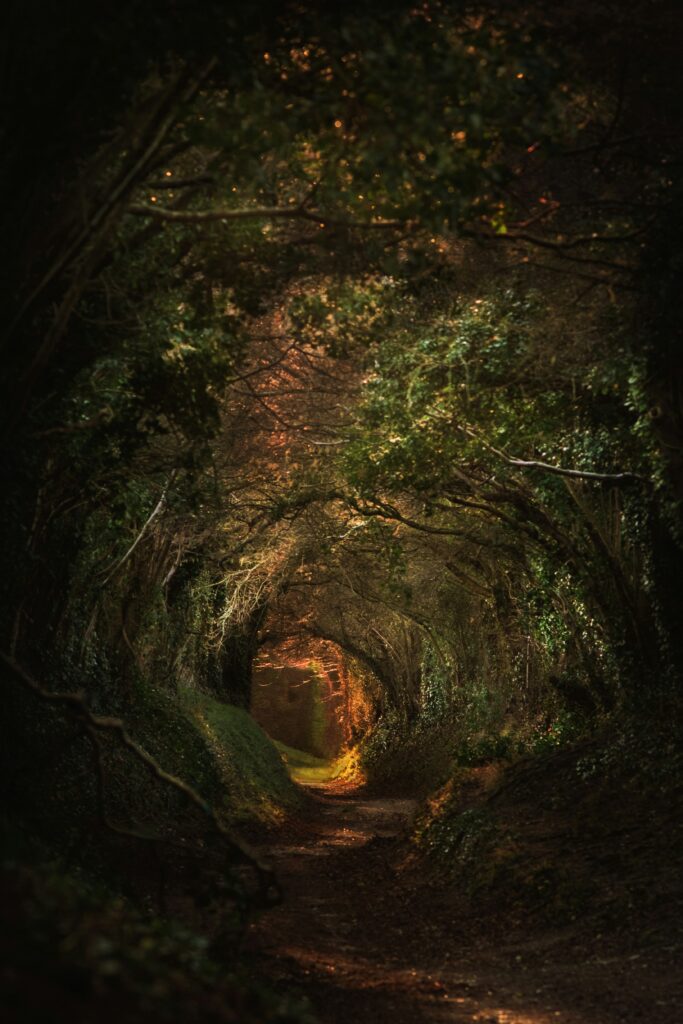
LOST
Bessie's odyssey through stormy nights, lost love, and secret graveyards unfolds with haunting beauty in "Lost" by Sandra Dennis.
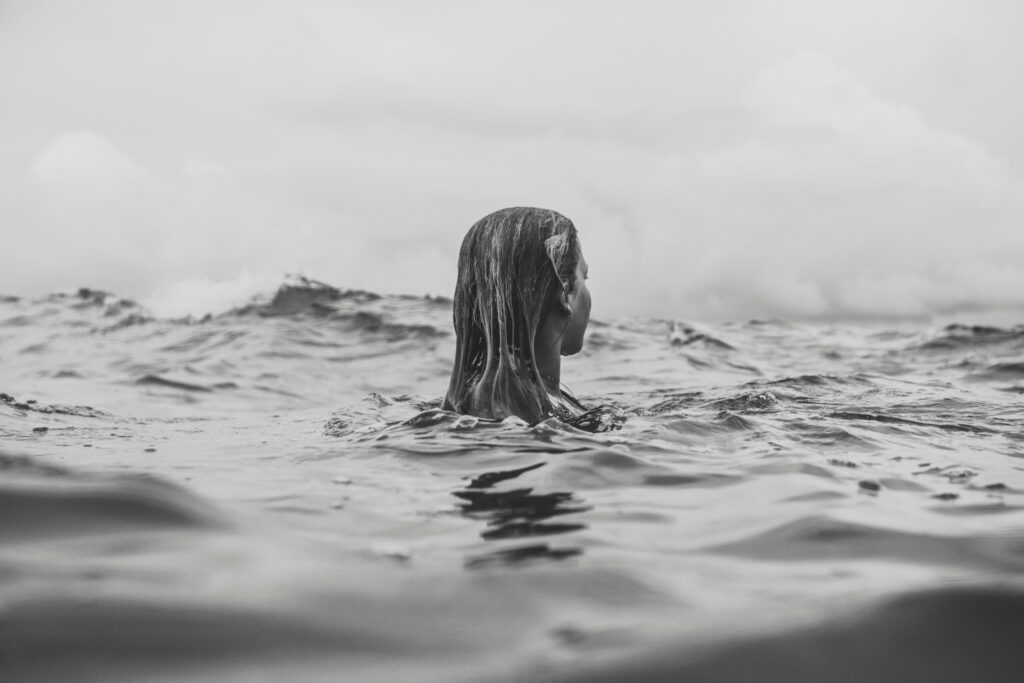
Water Rising
Amidst a flood, a woman grapples with the past, and confronts the consequences in this haunting narrative of resilience.
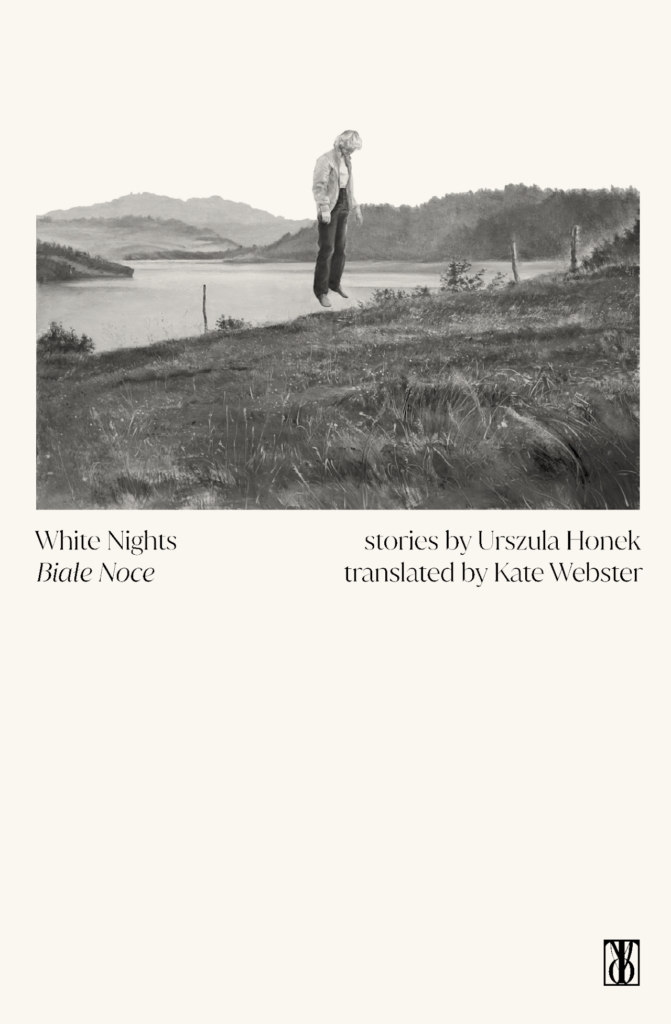
Book Review: White Nights by Urszula Honek
The debut short story from Polish writer Urszula Honek, White Nights, is akin to reading an account of a haunted place – one that is beautiful and devastating in equal
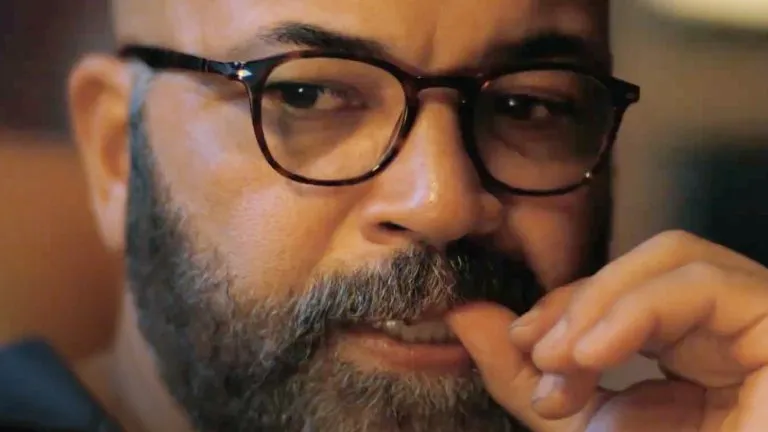
Beyond the Surface: The Multifaceted Lives of ‘American Fiction’
In essence, "American Fiction" and the experiences it draws from remind us that we are indeed more than the sum of our parts.
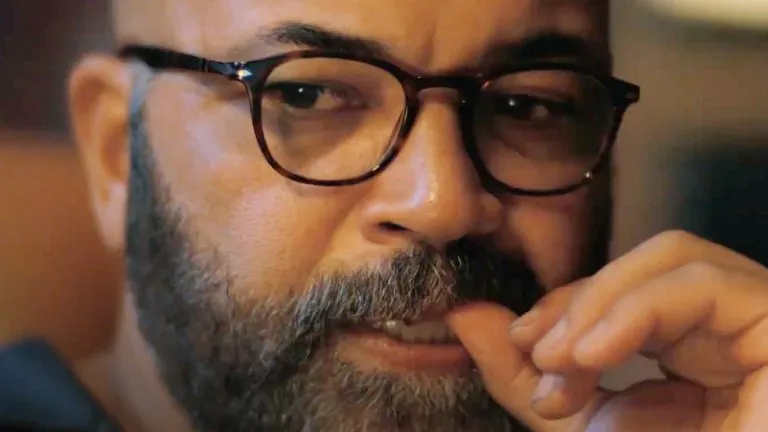
Beyond the Surface: The Multifaceted Lives of ‘American Fiction’
The narrative of “American Fiction” unfolds with a dual focus: it not only scrutinizes the unique pressures faced by Black creatives but also delves into the intricate and sometimes tense…
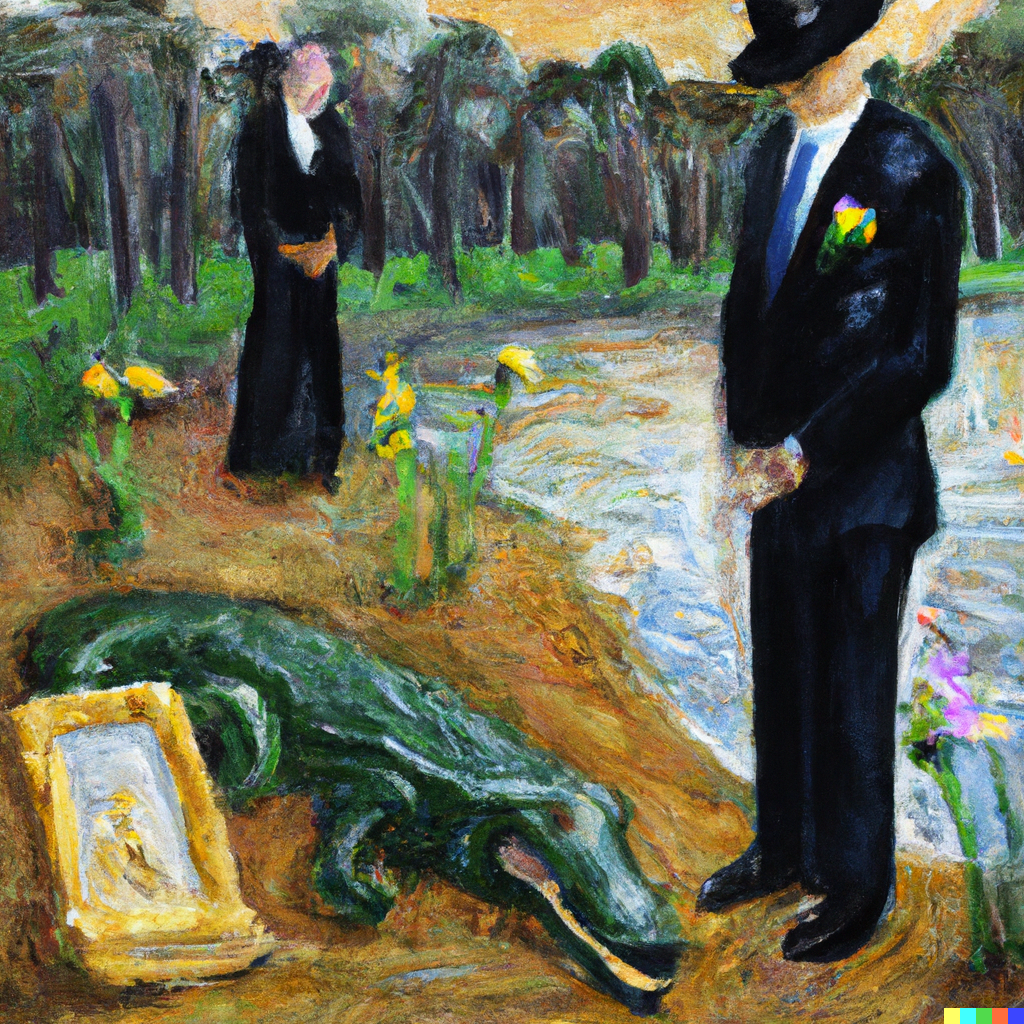
Uncle Bobby’s Funeral
Reluctant family faces the eccentricities of Uncle Bobby's funeral in swampy Chipley.






